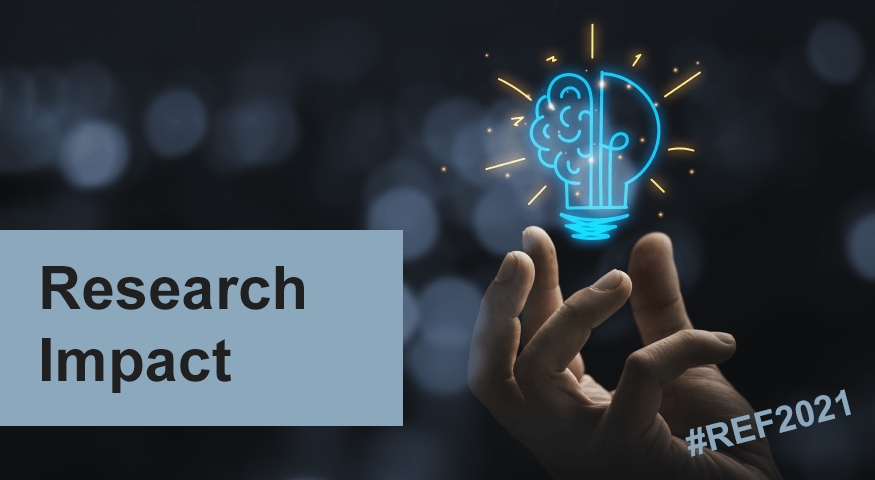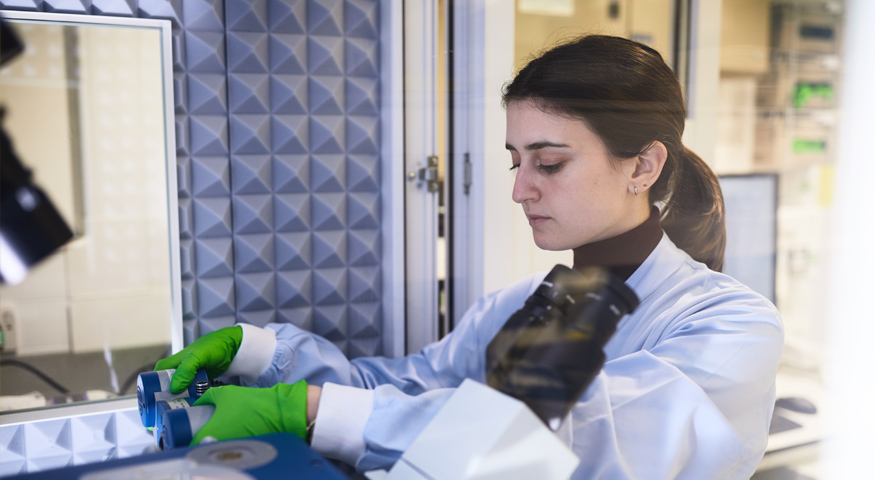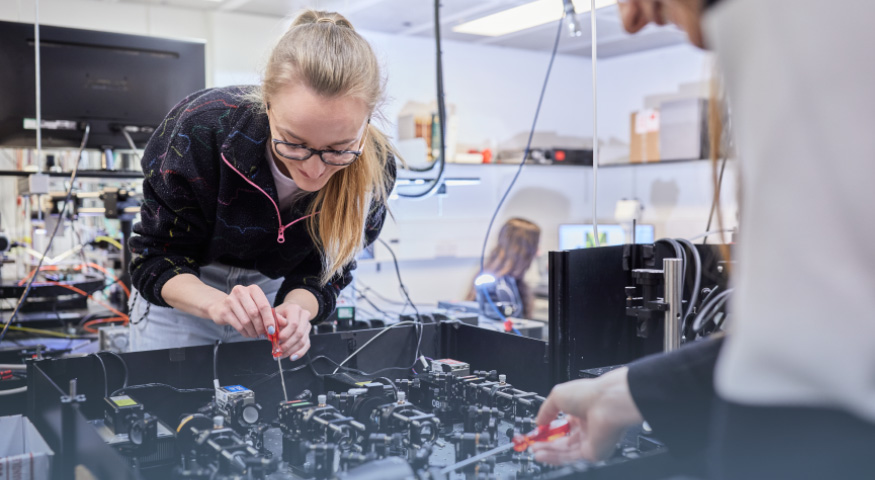Research
The faculty is a major research powerhouse, making substantial contributions to fields across the natural sciences.
Research Case Studies: View all our case studies



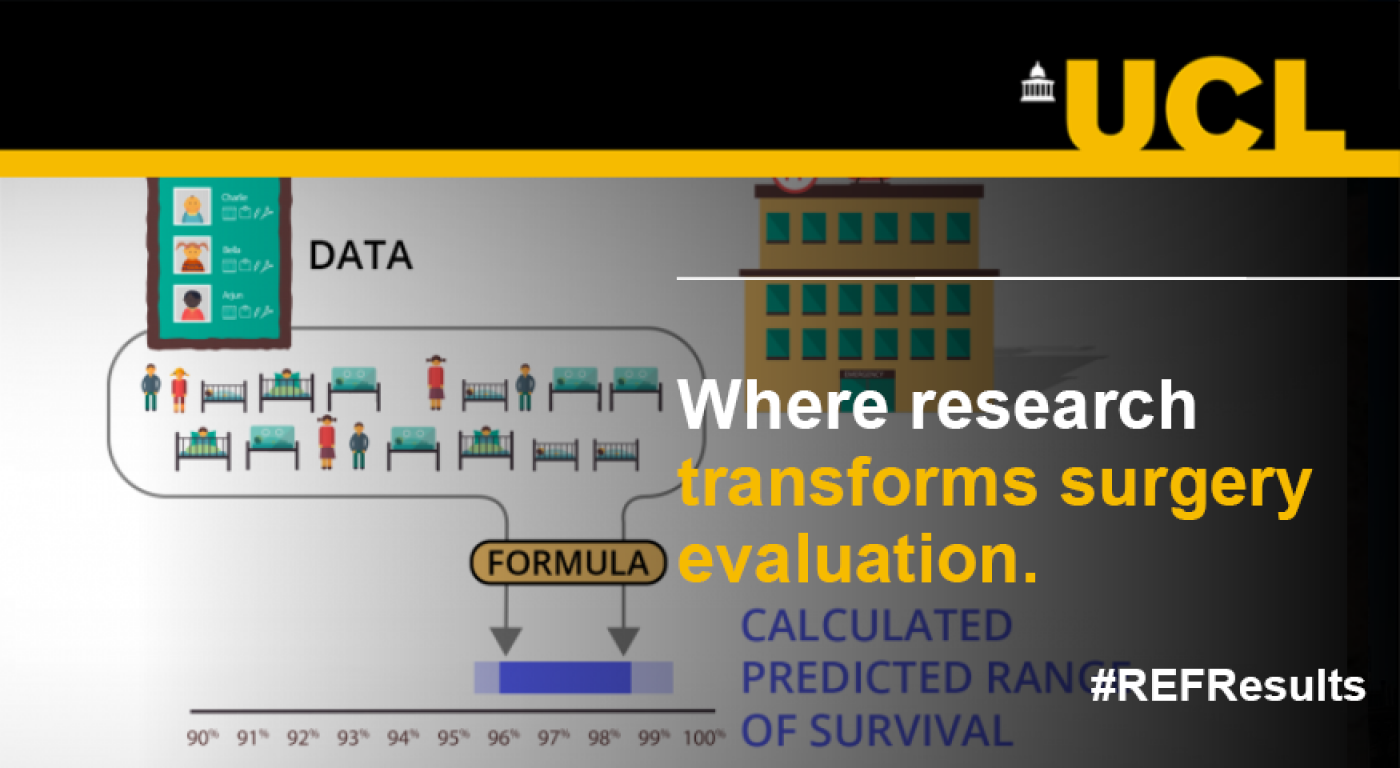



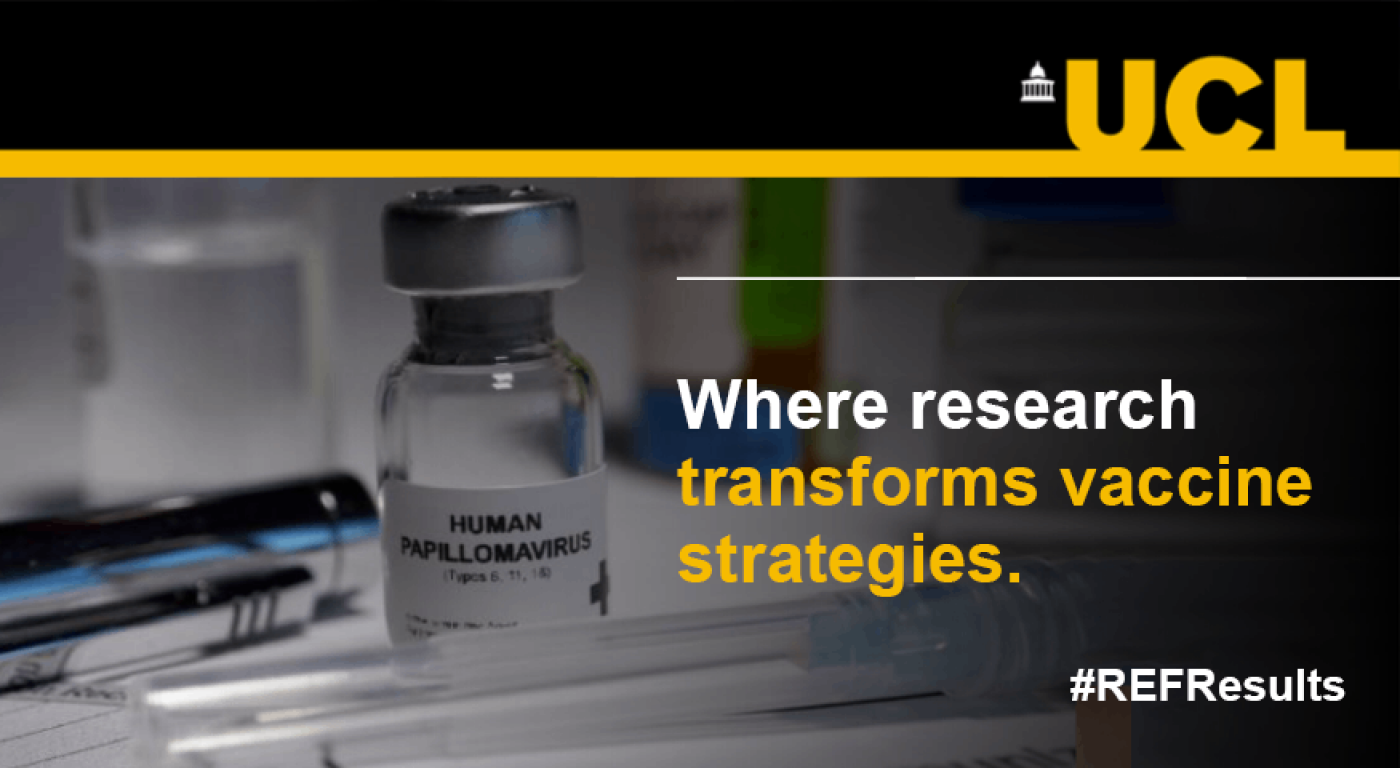
- MAPS Research History
Cutting-edge research lies at the heart of the faculty’s work. As well as being a core objective of UCL as a research-intensive university, research informs and inspires teaching in the faculty.
With research income of around £40m per year, the faculty is a major research powerhouse, making substantial contributions to fields across the natural sciences. Against a background of flat or falling funding in much of the sector, the faculty’s research budgets have bucked the trend, rising steadily in recent years. Budgets are expected to continue evolving this way, and UCL has exciting plans for further expansion, including a second campus in East London.
UCL has a long history in the natural sciences, pioneering the study and teaching of these fields from its foundation in 1826. Among students and academics have been Nobel and Fields laureates, with many famous names passing through the faculty’s doors over the centuries.
Today, the faculty continues to perform strongly in pure and applied research, winning major funding through research council grants, as well as engaging with private enterprise, working with industry and generating spin-off companies. The faculty's research also has a direct impact on public policy, both in the UK and abroad.
Individual researchers and research groups within UCL are playing key leadership roles within major international projects (such as the LHC, Dark Energy Survey, Solar Obiter, UK Catalysis Hub and many others). Faculty staff have been successful in attracting research income from the research councils, European FP7 and ERC, Royal Society, Leverhulme and other funding agencies.
In line with UCL’s research strategy, the faculty is focused not only on nurturing excellence in discipline-based research, but in enhancing cross-disciplinary exchanges and increasing research’s impact on society.
To this end, there is extensive collaboration between the faculty’s departments and the rest of UCL, especially in engineering and the biomedical sciences. These objectives are also served by the cross-disciplinary research hubs within the faculty, namely the Centre for Planetary Sciences (bringing together researchers from Earth Sciences, Physics and Astronomy, the Mullard Space Science Laboratory and Birkbeck College), the Institute of Origins (co-ordinating research in the broad areas of the origins of the Universe and origins of life) and the Institute of Risk and Disaster Reduction (combining sociological, economic, legal and scientific research into natural disasters).
In addition, two of the faculty’s departments are interdisciplinary by the nature of their work: Science and Technology Studies, which carries out research in the sociology, policy, history, philosophy and public understanding of science; and the London Centre for Nanotechnology, which brings together chemistry, physics and biomedical sciences at its UCL headquarters and at its site at Imperial College London.
The faculty participates in UCL’s four Grand Challenges – overarching themes guiding the institution’s research towards broad social goals – and in the overall UCL research strategy guided by the Vice-Provost (Research).
 MAPS Faculty Research Board
MAPS Faculty Research Board

The BEAMS School Research Funding Office helps researchers in the faculty to identify potential funding sources for their research and to develop strong applications with the best possible chance of success. They also coordinate and develop large-scale strategic bids. The team can be contacted with any funding-related queries, and offer advice on funding opportunities and potential applications.
 BEAMS Research Funding Office
BEAMS Research Funding Office

The BEAMS School Research Funding Office helps researchers in the faculty to identify potential funding sources for their research and to develop strong applications with the best possible chance of success. They also coordinate and develop large-scale strategic bids. The team can be contacted with any funding-related queries, and offer advice on funding opportunities and potential applications.
Two of the faculty’s departments are interdisciplinary by the nature of their work: Science and Technology Studies, which carries out research in the sociology, policy, history, philosophy and public understanding of science; and the London Centre for Nanotechnology, which brings together chemistry, physics and biomedical sciences at its UCL headquarters and at its site at Imperial College London.
 Close
Close


